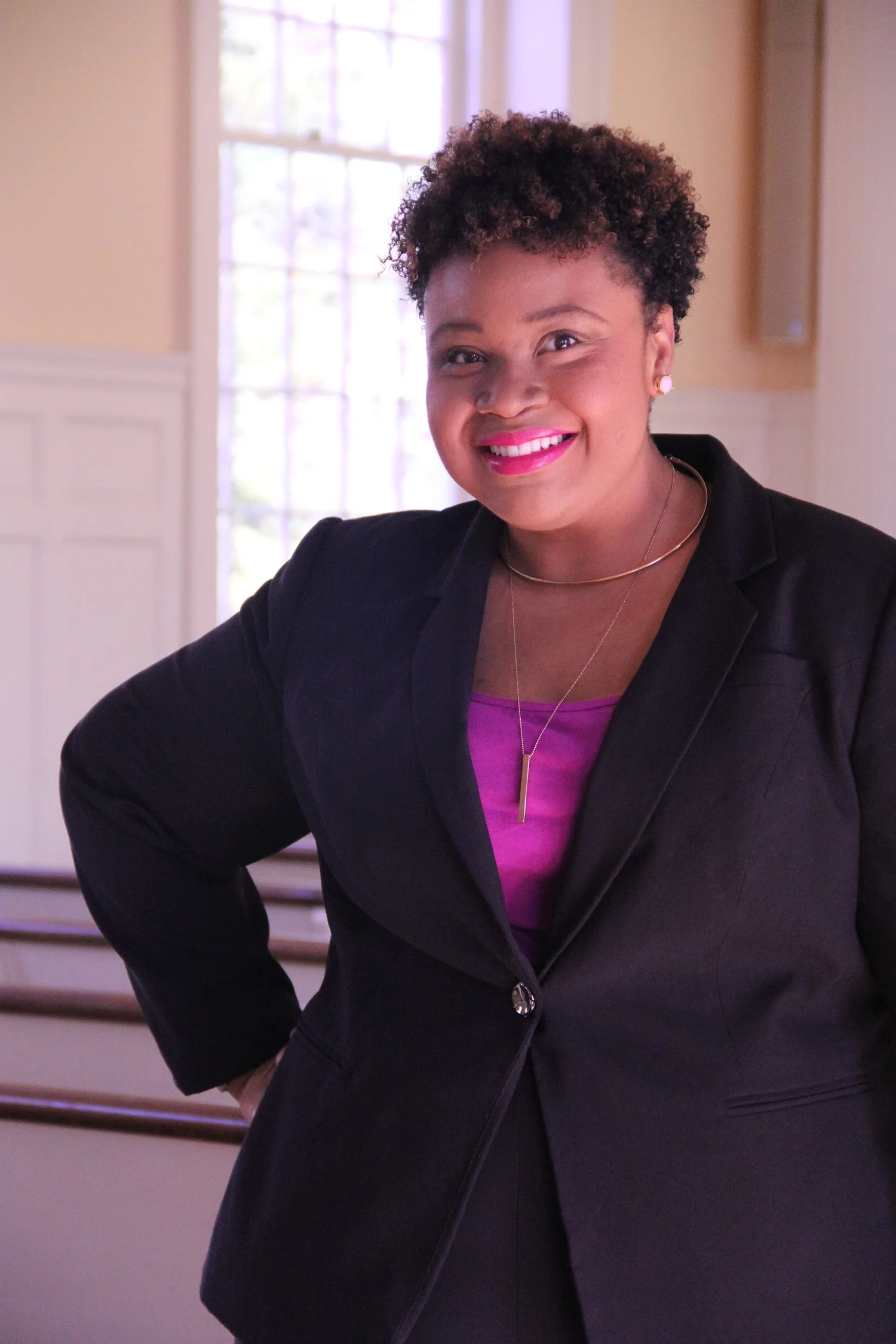Obi Nka Obi: Our Interconnected Nature
Obi nka obi (pronounced “o-bee in-ka bee”), a Twi word of the Akan people from Ghana and Cote d’Ivoire. The literal translation is “bite not one another” and it is a stylized image of two fish biting each other.
We recently had the pleasure of touring a small exhibit at the University of Ghana's African Studies Department. There, a brilliant young man walked us through the history of currency and finance in Ghana. I looked into the displays, each one holding delicate and intricately decorated artifacts, imagining the people who used them- shells for currency and beautiful brass lock-boxes for their gold dust. He lead us to a display that contained beautiful pieces, with a range of shapes and mystical looking animals- these he said, are from the time period where the currency had a lesson. Each piece connected to a parable or common refrain, and I stood in front of the case imagining a person with a pocket full of stories and lessons. One artifact jumped out at me in particular, it was the image of two animals, maybe fish or gators, in a circle or cycle with the tail of each in the other's mouth. Obi Nka Obi the curator explained, it means if you bite someone be prepared to get bit also, for their tail might be in your mouth but your tail is in theirs as well. Everyone has the ability to bite, everyone has the ability to get bit back. He went on to explain that the lesson behind this symbol is not just one of do no harm, but also of our interconnectedness.
I found myself touched by this symbol and what it said and didn't say. What it said is that we hold each other, that we have the ability to hurt each other but the responsibility not to. What it didn't say is that we are all one, or some other trite rationale for coming together. The gators are unique from one another and allowed to be even if connected to each other.
I think about our U.S. currency and the stories it tells, white men of power and privilege who failed to acknowledge that they took more than could ever be forgiven of them, and in their failure to see that you destroy what you bite, they chewed up the whole world.
Some early evenings I walk across this campus, cooled by the gentle breeze from a nearby ocean, greeting the trees and animals, collecting wildflowers for my altar. I gently whisper to them what they already know, that my liberation is their liberation and their liberation is mine and in this moment, under this Ghana sunset, we are both free.
Ana Maria De La Rosa


